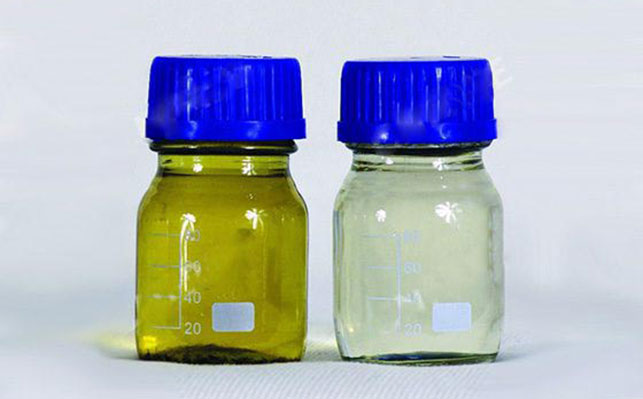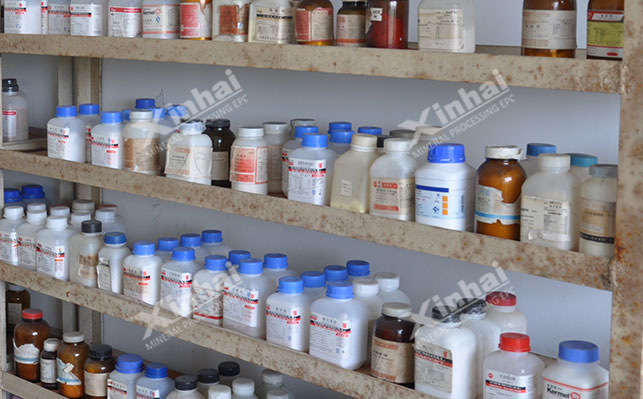
15311826613
Click to add WeChatSilica is an acidic oxide. There are many silica ores in nature, such as quartz. From the physical properties, silica has high hardness and high melting point. In the field of mineral processing, the flotation of silica is an important process, and the selection of suitable mineral processing agents is the key to achieving efficient flotation. This article will discuss in detail the types, characteristics and functions of silica flotation ore reagents.
At present, the commonly used flotation reagents for silica are collectors, inhibitors, and regulators.

Collectors play a key role in silica flotation. Their main purpose is to enhance the hydrophobicity of the silica surface, making it easier to attach to the flotation foam, thereby improving the recovery rate and grade of silica. Common collectors include amine collectors, such as dodecylamine and octadecylamine.
An inhibitor is a substance that can slow down or prevent chemical reactions, physiological processes or biological activities. In silica flotation operations, inhibitors mainly play a role in inhibiting the floating of other impurity minerals and improving the flotation selectivity of silica. Common inhibitors include starch, dextrin, water glass, etc. Water glass is effective in inhibiting silicate minerals and can effectively reduce the mixing of impurities.
An inhibitor is a substance that can slow down or stop chemical reactions, physiological processes or biological activities. Its functions include inhibiting enzyme activity, regulating cell signaling pathways, controlling microbial growth, etc. Characteristics include specificity, reversibility or irreversibility, intensity of action and selectivity.
The adjuster is mainly used to adjust the pH and ion composition of the slurry. Its purpose is to facilitate the environmental conditions for the adsorption and flotation of the reagent and optimize the flotation effect. Commonly used adjusters include sodium carbonate, sodium hydroxide, sulfuric acid, etc. By adjusting the pH value of the slurry, the charge properties of the mineral surface can be changed, thereby affecting the adsorption and flotation effect of the reagent.

High selectivity:High-quality mineral processing reagents should have high selectivity for silica, be able to accurately adsorb on the surface of silica, and have weak adsorption on other minerals to achieve effective separation.
Good stability:The reagent should have good stability in the slurry, not easy to decompose or deteriorate, to ensure that it can play a stable role in the entire flotation process.
Environmental protection: With the increasingly stringent environmental protection requirements, mineral processing reagents should be low in toxicity, low in pollution, environmentally friendly, and meet the requirements of sustainable development.
In short, the selection and application of silica flotation reagents are crucial to improving mineral processing efficiency and product quality. In practical applications, it is necessary to comprehensively consider and select appropriate reagents based on the properties of the ore, the requirements of the mineral processing process, and environmental protection factors, and determine the appropriate reagent system through scientific experiments and optimization to achieve efficient, economical and environmentally friendly mineral processing of silica.